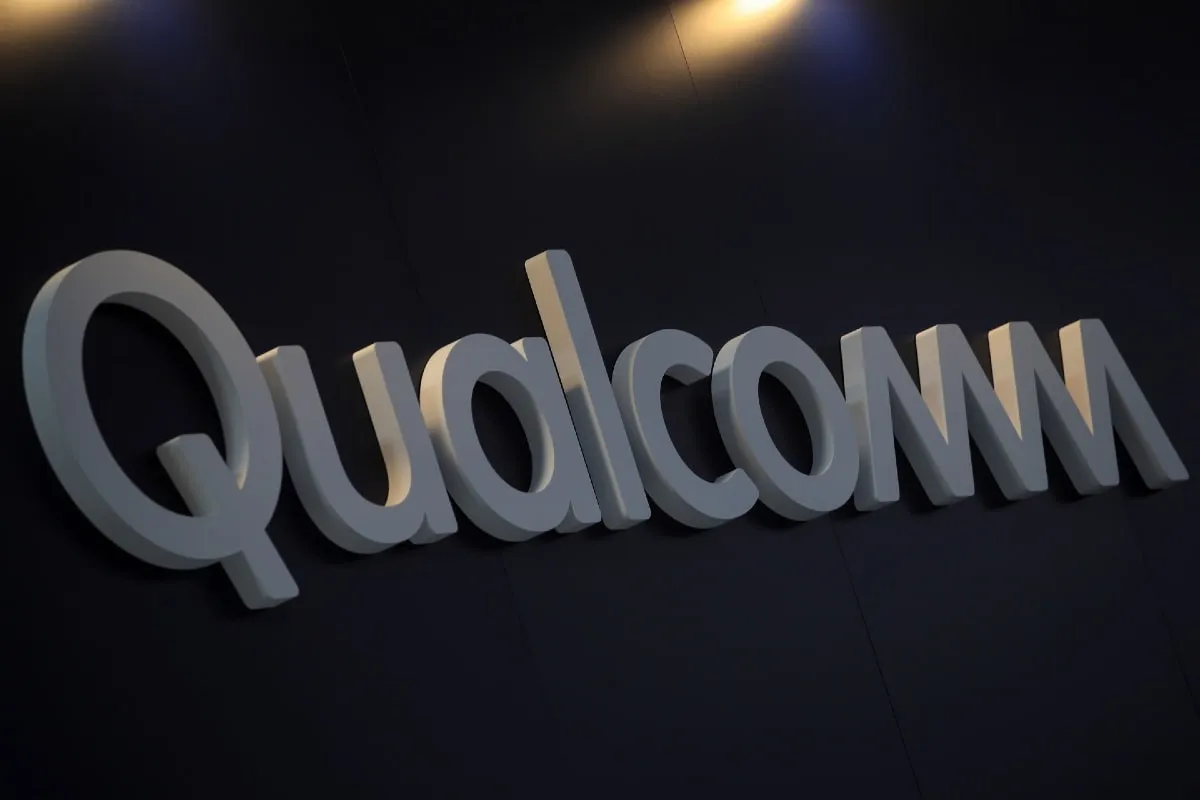Qualcomm's Potential Intel Acquisition Raises Antitrust and Foundry Issues

Qualcomm's Intel Acquisition: A Double-Edged Sword
Qualcomm's potential acquisition of Intel could revolutionize the semiconductor sector, creating a dominant force in both smartphone and PC markets. However, the deal is not without its challenges. Analysts raise concerns over the antitrust implications and the viability of Intel's struggling foundry business. As the market values fluctuate, Qualcomm must navigate these complex waters.
Antitrust Scrutiny and Market Reaction
With shares of Intel rising amidst rumors, the buyout faces intense scrutiny from regulators. Industry experts suggest that merging Qualcomm with Intel would create a formidable player in the semiconductor landscape, but regulatory hurdles could impede progress.
- Qualcomm's cash reserves position it well for this venture.
- Intel's vulnerabilities could complicate the integration effort.
- Collaboration with external funding sources may be needed.
Challenges Ahead for Qualcomm
While Qualcomm has been diversifying its portfolio, the reliance on smartphone sales remains a substantial risk. The integration of Intel's foundry operations, particularly with the push for domestic manufacturing, adds an extra layer of complexity.
CEO Cristiano Amon is actively involved in discussions, but analysts question Qualcomm's ability to optimize Intel's manufacturing apparatus effectively. Partnerships may be essential to mitigate potential pitfalls.
This article was prepared using information from open sources in accordance with the principles of Ethical Policy. The editorial team is not responsible for absolute accuracy, as it relies on data from the sources referenced.